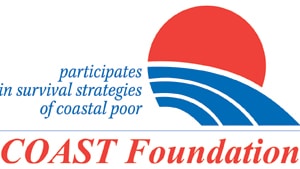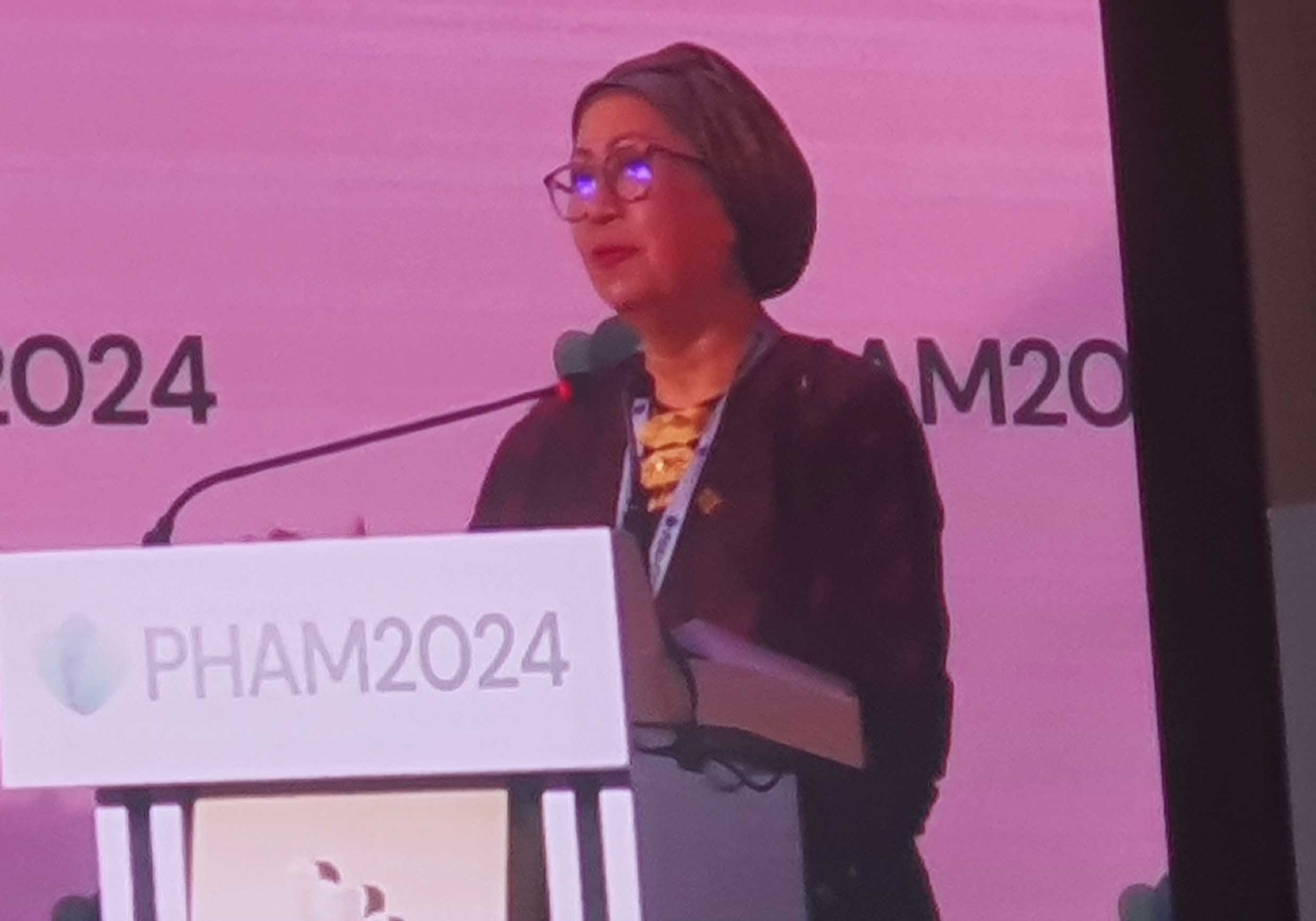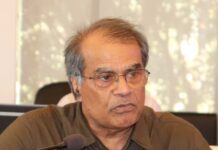Dear Friends
- I have had already several communication with Neslihan and Sharmila in this regard since 18th November. They have explained why COAST led funding application in MYRP II has been rejected. We have also explained why the grantee selection has to be explained. Now again we are making a formal application and documentation of the whole fiasco. As education is a fundamental issue in the Rohingya response, we took the issue as serious, there is a need for targeted advocacy and also a good implementation.
- Given the correspondence, the ECW team found 3 major deficits in our proposal, ie, (i) MEAL is weak, (ii) funding modalities to consortium members is not strong and (iii) disability has not been included. ECW team has found the weakness in desk-based study, they have not
field or office visits of our organizations and partners. If we expect their verdict then we have to stand on a wrong position that, grantee selection will be based on good write-up skill, not based on field and office visits. Most of the local NGOs are strong in-field
operations, although they are not so strong in the project write-up. So, our position is that only a desk study can not a source of judgment. - ECW has an appropriate strategy as we found it is on her website, they have emphasized “capacity and localization”, “arousing political commitment” and going with “whole of system”. These strategic directions have a little reflection in this grantee selection in Rohingya response, e.g., (i) all the three leaders are international organizations, by nature, they hardly can influence the policymakers in the country. On contrary, COAST leaded consortium members has profound experiences in this regard through its network CCNF (www.cxb-cso-ngo.org) since August 2017, especially with the government. Moreover, local political and local government leaders’ involvement in this regard is also needed, CCNF has already proven track record in this regard. We strongly believe that, such a social
mobilization is much more important even compare to education service delivery. - ECW team in Rohingya’s response has already conceded that the proposal of COAST leaded consortium seems low cost, compared to the cost structure of the other three consortiums. In fact, it is true that as local organizations we can manage the project in a low-cost
manner, this is necessary as we are living in the era of reduction of aid flow. As Rohingya response becomes a protracted crisis, ECW should have taken the low-cost path, so that there should be a model which will not only go with low cost but also will have some try out in this regard. Maybe there is some try-out for sustainability. - The three consortia have taken only one locally origin NGO, rest of the NGOs are non-local, imported from some other places of the country. The fundamental essence of the localization is local NGO / CSO organization, because of having sustainable possibility with
natural accountability. This line of action has also been reflected in Grand Bargain’s commitment. - One of the major demands from Bangladeshi localization activists is that these international organizations should not raise funds in-country, as they have strong machinery, they should raise funds at the international level, especially in their origin.
- So, based on the above premise, we urge ECW to cancel the present grantee selection, and they should first formulate a partnership selection policy, which is long-term objective and criteria based, free from conflict of interest, and should be practiced transparently.
Rezaul Karim Chowdhury
Executive Director, COAST
Co-chair, CCNF





